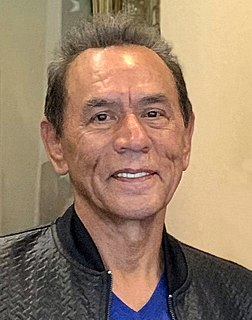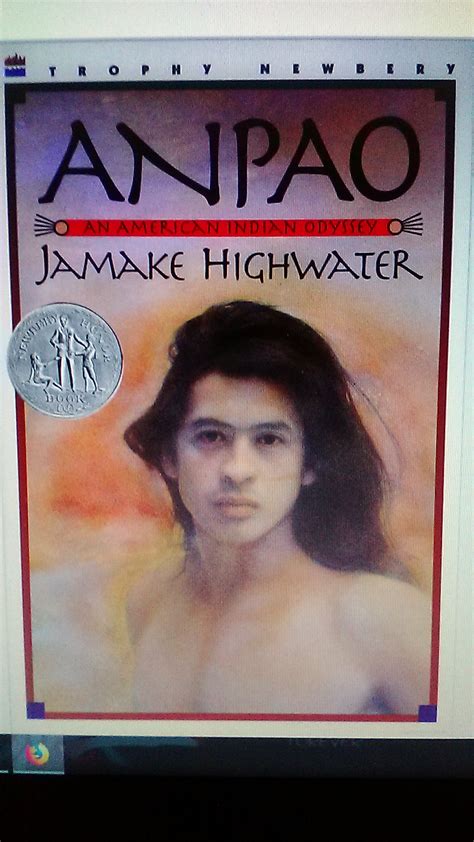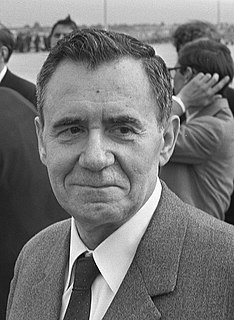A Quote by Russell Means
What the American Indian Movement says is that the American Indians are the Palestinians of the United States, and the Palestinians are the American Indians of Europe.
Related Quotes
The United States is an illegitimate country, just like Israel. It has no right to exist. That country belongs to the Red man, the American Indian... It's actually a shame to be a so-called American, because everybody living there is a usurper, an invader taking part in this crime, which is to rob the land, rob the country and kill all the American Indians.
They [American Indians] never did straight-up fights. It wasn't about, you know, getting killed in the line of fire. It was all ambush, ambush, ambush, and you ambush somebody, and then you take the scalps, and you - even though scalping wasn't created by the American Indians. It was created by the white man against Indians, and they just took it and claimed it.
We, as Indian tribes, should be able to prosecute non-Indians on tribal lands. But on Indian land, we have no ability to prosecute anyone but another Indian. American Indians having status as a foreign nation is good for us, but it's not good in some ways if we don't have the jurisdictional power that the federal government claims.
We need to give out portrayal of ourselves. Every non-Indian writer writes about 1860 to 1890 pretty much, and there is no non-Indian writer that can write movies about contemporary Indians. Only Indians can. Indians are usually romanticized. Non-Indians are totally irrepsonsible with the appropriation of Indians, because any time tou have an Indian in a movie, it's political. They're not used as people, they're used as points.
You see the one thing I've always maintained is that I'm an American Indian. I'm not a Native American. I'm not politically correct. Everyone who's born in the Western Hemisphere is a Native American. We are all Native Americans. And if you notice, I put American before my ethnicity. I'm not a hyphenated African-American or Irish-American or Jewish-American or Mexican-American.
Suddenly the land is haunted by all these dead Indians. There is this new fascination with the Southwest, with places like Santa Fe, New Mexico, where people come down from New York and Boston and dress up as Indians. When I go to Santa Fe, I find real Indians living there, but they are not involved in the earth worship that the American environmentalists are so taken by. Many of these Indians are interested, rather, in becoming Evangelical Christians.
Even though the American Indian Movement on a national-international scale has proven to be extremely dysfunctional, the American Indian Movement I was associated with I'm very proud of. We were a revolutionary, militant organization whose purpose was spirituality first, and that's how I want to be remembered.
All I try to do is portray Indians as we are, in creative ways. With imagination and poetry. I think a lot of Native American literature is stuck in one idea: sort of spiritual, environmentalist Indians. And I want to portray everyday lives. I think by doing that, by portraying the ordinary lives of Indians, perhaps people learn something new.
Greece is a sort of American vassal; the Netherlands is the country of American bases that grow like tulip bulbs; Cuba is the main sugar plantation of the American monopolies; Turkey is prepared to kowtow before any United States proconsul and Canada is the boring second fiddle in the American symphony.

































